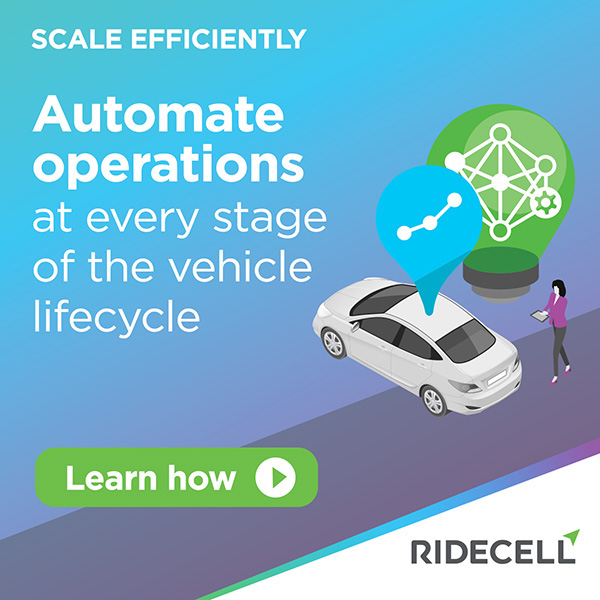
Think having a pristine driving record will guarantee you a low rate on car insurance?
Earning a fatter paycheck may make more of a difference, according to new research by the Consumer Federation of America, a consumer advocacy organization.
The group requested insurance quotes in 10 major cities for two hypothetical drivers. One person had a higher-paying job but had either caused a bad accident or been in trouble for driving under the influence.
The other profile had a more moderate financial situation and a clean driving record. In 20 out of the 38 cases where the researchers received quotes for both drivers, the higher-income driver with the troubled driving record was charged less for car insurance than the moderate-income driver with the better driving history.
The drivers in the study were nearly identical in some ways: They were both 30-year-old women living at the same address who had held a driver’s license for 14 years. They both drove a 2006 Toyota Camry 10,000 miles each year.
When it came to their economic characteristics, however, the profiles were starkly different. The driver with the higher income worked as a bank executive, had a master’s degree, was married and owned her home. The driver with the middle income worked as a bank teller, had a high school degree, was single and rented her home.
“We were looking at all the factors that tend to be affiliated with people making less money,” said Bob Hunter, director of insurance for the Consumer Federation of America.
The requests were sent to five large car insurance providers: Allstate, Farmers, Geico, Progressive and State Farm.
The researchers’ findings show how insurance companies can use traits that are not obviously connected to a person’s driving habits when determining insurance quotes. Industry representatives say that while companies do not request income information when issuing car insurance quotes, they look more broadly at a person’s risk level by evaluating a range of characteristics. (The higher the risk, the higher the quote). That could include a driver’s job status, age, education level, credit history, marital status and gender, according to the Insurance Information Institute, a trade group.
Some economic traits can be linked to a higher rate of accidents, says James Lynch, chief actuary for the Insurance Information Institute, though he declined to provide specific research.
For example, some insurers claim that drivers who pay their bills late tend to get into more accidents than people who pay on time, he said, adding that insurance companies are not required to publicly disclose the statistics they use.
Read more of the original article at The Washing Post.




